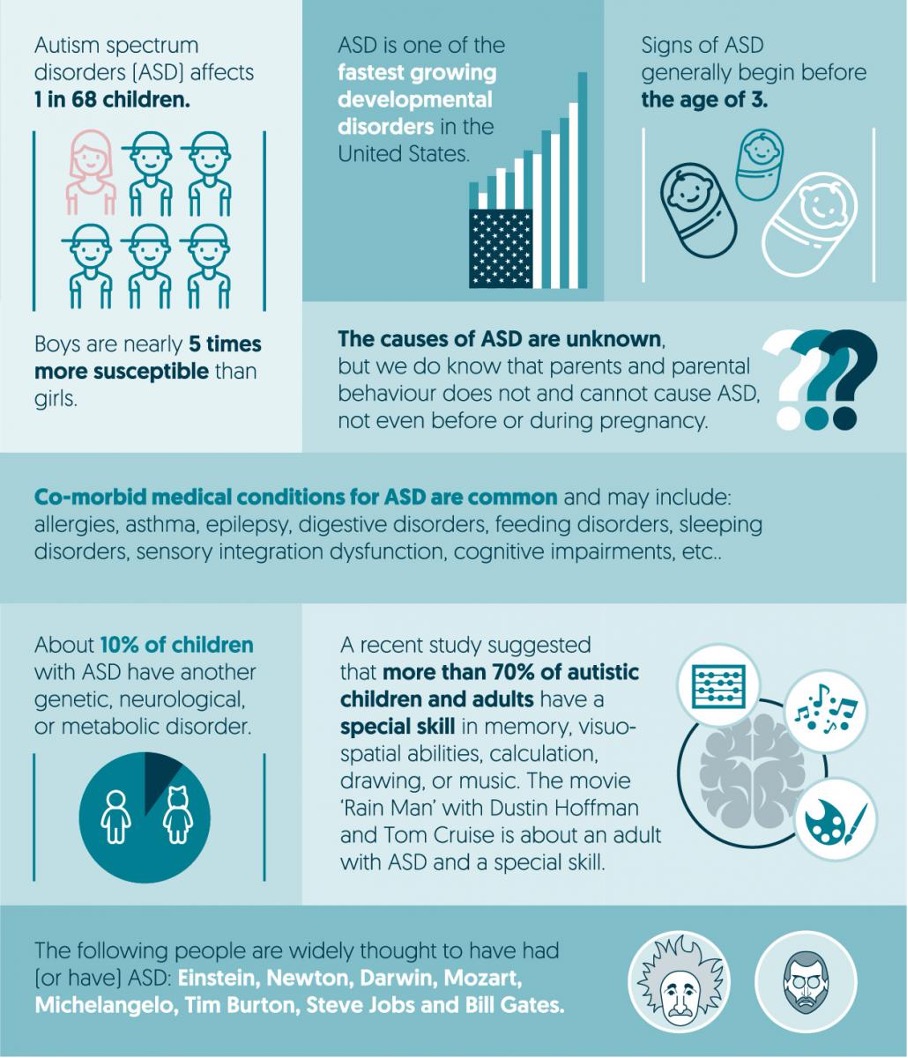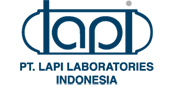Research on gut microbiota and autism


Research on gut microbiota and autism
The role of gut bacteria in the development of Autism Spectrum Disorders.
Last Friday, April the 2nd 2021, was World Autism Awareness Day. Autism, or Autism Spectrum Disorder (ASD), has many subtypes and refers to a broad range of conditions characterized by challenges with social skills, repetitive behaviors, speech, and nonverbal communication. Currently, there is no medical detection or cure for ASD. Rochellys Diaz Heijtz, an associate professor and group leader at the Karolinska Institutet in Sweden, researches ASD. In this news article you will read more about our autism research collaboration with her and other autism related topics.

Interview with Rochellys Diaz Heijtz
Can you please introduce yourself and tell us your professional background?
I am an Associate Professor and Group Leader at the Department of Neuroscience, Karolinska Institutet. I have a background in both basic and clinical Neuroscience.
In recent years, research has made significant strides in finding out how the gut microbiome can affect brain health and neurodevelopmental disorders. A link has even been found between the gut microbiota and autism spectrum disorder. Can you briefly explain this?
It is now recognized that children with autism spectrum disorder (ASD) often suffer from gastrointestinal (GI) problems (i.e., GI symptoms is a common comorbidity among this pediatric population). Moreover, variations in the composition and metabolic activity of the gut microbiota have been observed in ASD across multiple studies. Some studies have also found a strong positive association of autism severity with GI dysfunction. However, the cause–effect relationship between the microbiota and the etiology and pathophysiology of ASD remains to be fully established.
What is your personal interest in this research field?
I became interested in the topic almost 20 years ago when I worked at the Neuropediatric Unit, Astrid Lindgren Children’s Hospital in Stockholm. Many parents were often asking whether there was a relationship between GI problems and autism.
Do you see a potential role for probiotics in preventing or managing autism?
Absolutely! The microbiota-gut-brain axis is now recognized as a key modulator of brain development, function, and behavior. Probiotic intervention is, in essence, a way to harness the beneficial effects of the commensal microbiota for the host.
Can you explain the aim of the research project you’re currently doing with Winclove?
We are testing the potential beneficial effects of a novel probiotic formula during early life on neurodevelopmental outcomes relevant to ASD, by using animal model systems for this disorder in combination with molecular, morphological and behavioral techniques
What do you see as next steps in the research on gut microbiota and autism?
In order to understand the role of the human gut microbiota in the etiology of ASD, we are conducting a prospective longitudinal study, where we are evaluating infants at high familial risk of ASD during early postnatal life and before any symptoms of ASD might develop.
In preclinical studies, we are investigating molecular mechanisms and signalling pathways involved in communication between the microbiota and the developing brain.
More information on the research
Winclove Probiotics, Karolinska Institutet and Radboud University Medical Center are collaborating to investigate the role of gut bacteria in the development of autism spectrum disorders (ASD). We will test in a mouse model whether the intake of probiotics can improve symptoms of ASD.
ASD is a group of developmental disorders characterized by impaired social interaction and communication as well as repetitive and restrictive behaviors. The current prevalence of ASD is around 3% of the children in the Netherlands. Despite significant economic and societal costs, there are no treatment options to prevent ASD and limited options to ameliorate the symptoms associated with ASDs. During the last years, it has become clear that gut bacteria play a key role in brain development and behavior. There is a connection between the brain, the gut and the commensal bacteria living in the gut (the microbiota), also known as the microbiota- gut-brain axis.
In this project, we will test different probiotic products to see whether they have similar or different effects on behavior and brain development in an ASD mouse model. We will also identify which gut bacteria and gut-derived metabolites play a role in the observed effects.
This project will lead to new insights of the gut microbiota structure associated with ASD-like behavior in animal models, and these insight will be validated in data from human cohorts. Important mechanisms in gut-brain communication will be identified and we will have a probiotic candidate for the prevention of ASD.
Interesting updates in your mailbox
Subscribe to our newsletter and receive the latest news about Winclove, probiotic-related research & publications, relevant market developments and inspiring articles.








